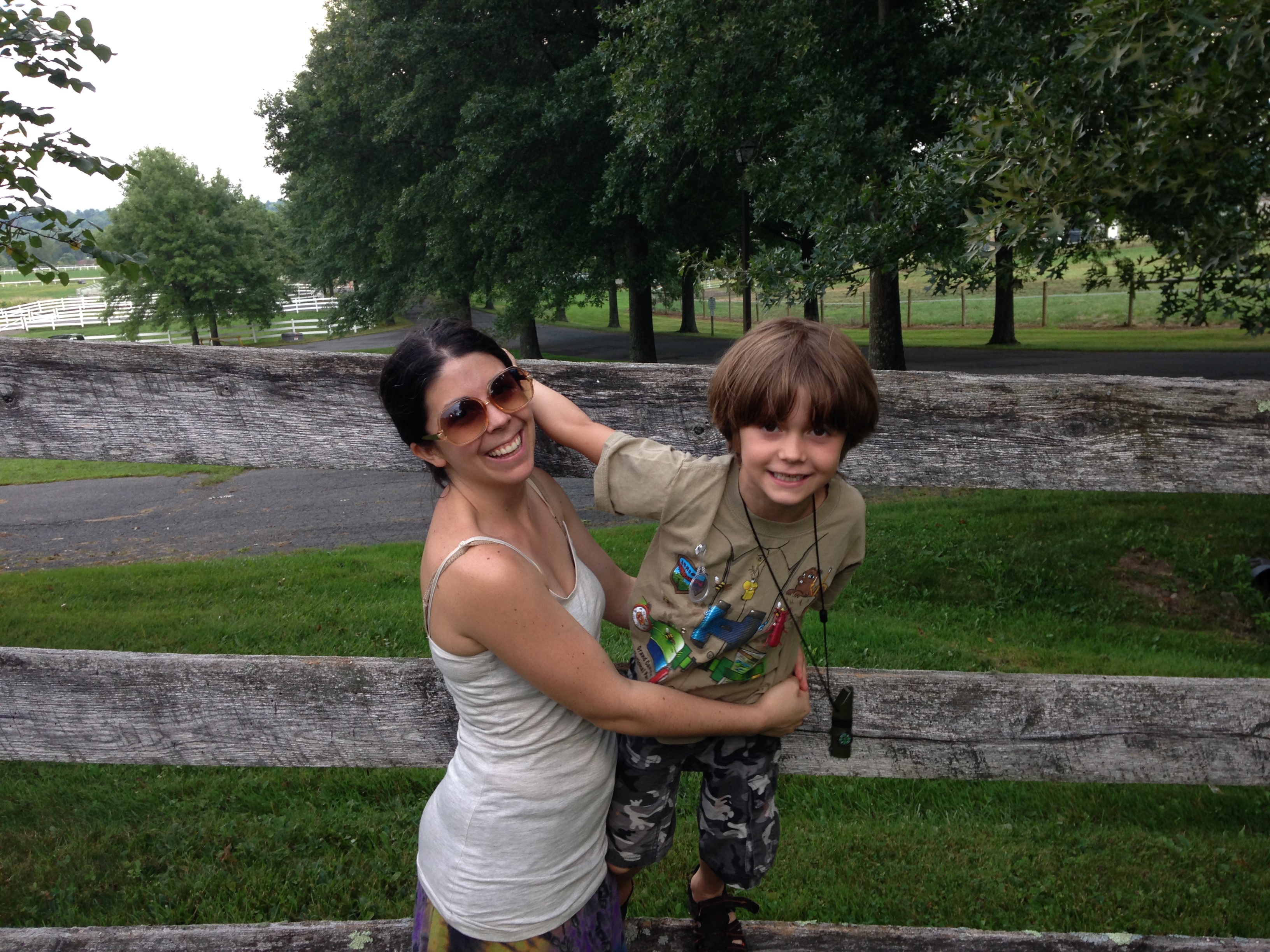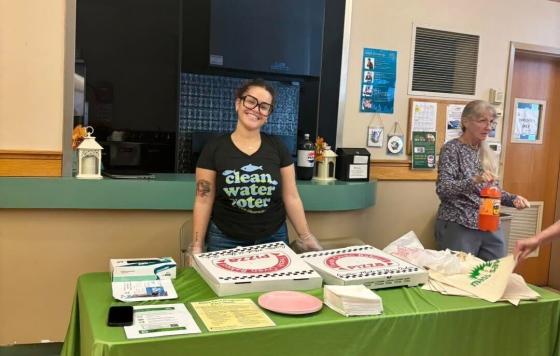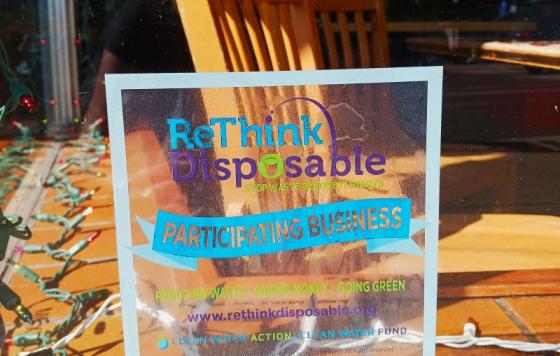
People often ask me, “What do you like best about working for Clean Water Action,” and my answer is always the same: the people. For me, the most rewarding aspect of my job is connecting with folks on the diverse experiences that drive our efforts for progressive change. We all suffer the impacts of environmental degradation (some more profoundly than others), and we all have unique stories to share. Whether incensing, inspiring, or downright heartbreaking, these personal stories have the power to unite us as we find common ground from which to build solutions. Story sharing allows us to think beyond ourselves and look through the window of someone else’s life, if only for a moment or two.
Recently, I had the opportunity to take part in a national effort to ban toxic chemical additives from certain consumer products. In 2015, a petition was submitted by Earthjustice and Consumer Federation of America to the Consumer Products Safety Commission (CPSC) asking the agency to protect consumers nationwide from the dangers of toxics lurking in products. Specifically, petitioners asked the CPSC to ban the sale of four categories of products (upholstered furniture, mattresses, children's products, and electronics casings) containing organohalogen flame retardants. Organohalogens are a chemical class representing some of the worst known toxic culprits and have been increasingly linked to serious health issues like cancer, hormone disruption, reduced IQ, and reproductive damage.
Clean Water Action, working in Massachusetts with the Alliance for a Healthy Tomorrow coalition, organized a powerful response in support of this petition. Our members and allies submitted more than 150 comments urging the CPSC to protect public health and ban the sale of organohalogens in consumer products. We are still awaiting the agency’s final decision, so stay tuned!
In the spirit of story sharing, I have taken a selection of quotes from the comments of our coalition members. I hope that you find the words of these bold individuals as motivating as I do.
"Flame retardants are another example of a harmful product, like cigarettes, where corporations have poisoned our families." (Ellie Goldberg Newton, MA)
"The sad story is that the public health has been endangered more by the use of flame retardants than it has benefited from them." (Russ Cohen, Arlington, MA)
"As a person disabled by exposure to a combination of approved chemicals and heavy metals, I know first-hand the dangers and cumulative results of slow poisoning. It is the responsibility of our government to keep children and adults safe from toxins." (Janet Johnson, Plainfield, MA)
"I am sick of spending hours trying to find the least-toxic mattress, car seat, pajamas, etc., only to find out that alternatives without toxic flame retardants are either not available, or are too expensive. MY INCOME LEVEL SHOULD NOT DICTATE MY CHILD'S EXPOSURE TO ENDOCRINE-DISRUPTING CHEMICALS." (Amie Lindenboim, Brookline, MA)
"I clearly remember the CPSC ban of TRIS in children's pajamas in 1977- the same week my son was born. The ban and recall of TRIS treated children's clothing was a strong, justified response by your agency that protected millions of children over the past four decades. I hope your agency will add to that proud moment and act to ban these same organohalogen flame retardants that now pervade multiple consumer products in 2015." (Lynn Wolbarst, Norwood, MA)
"There are far more effective ways to promote fire safety than dousing everything with toxic chemicals. Please take a stand for lowering healthcare costs, promoting consumer rights and upholding common sense by banning the sale of consumer products containing organohalogen flame retardants." (Alex Papali, Clean Water Action Organizer, Jamaica Plain, MA)


